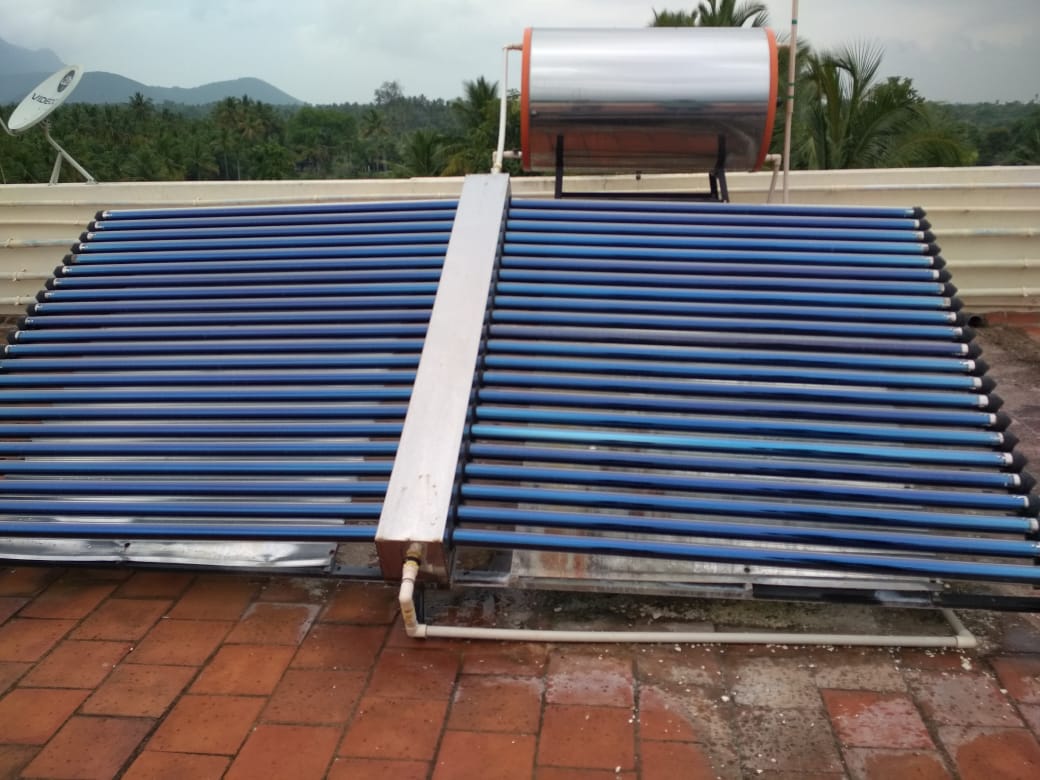
网站公告
more- Top 10 Reaso... 25-04-22 08:22
- Online Payda... 25-04-22 08:20
- Compare Debt... 25-04-22 08:18
- How Stop Ill... 25-04-22 08:17
Efficient Building Energy Efficiency Through Renewable Water Heater Systems
LonnyMaestas7572751 2025.04.19 04:50 查看 : 0
 Residential homes account for a significant portion of the world's energy consumption, particularly with regards to heating and cooling systems, lights, appliances, and appliances used for running water. Meeting the heating and water demand of households can result in a substantial economic and environmental impact. Among the available alternatives for water heating is the solar water heating system.
Residential homes account for a significant portion of the world's energy consumption, particularly with regards to heating and cooling systems, lights, appliances, and appliances used for running water. Meeting the heating and water demand of households can result in a substantial economic and environmental impact. Among the available alternatives for water heating is the solar water heating system.Energy-Efficient Method for Heating Water
----------------------------------------
Solar water heaters are devices that use sunlight to heat water, offering numerous benefits over traditional electric or gas-based water heating systems. These devices include flat plate collector systems. The basic principle behind solar water heaters is to convert sunlight into heat energy that is then transferred to water stored in a collector.
Advantages of Solar Water Heaters
--------------------------------
One of the primary advantages of solar energy is its minimal greenhouse gas emissions when harnessed. Homes that use solar water heaters reduce dependence on fossil fuel, such as natural gas and gasoline, lowering greenhouse gas emissions. Furthermore, the operational costs are lower, and maintenance of solar water heater systems is negligible.
Solar-Powered Water Heating System Components
A solar water heater system typically consists of the following components:
- Solar water collector: This is the heart of the system, designed to absorb the infrared rays from sunlight which are then transmitted to the heat exchangers.
- Heat exchanger: An inner tube of a specialized heat exchanger wraps around the collector, transferring heat energy from the collector to the stored water.
- Storage or accumulator tank: This contains water to be provided with the required heated temperature of cooking, drinking, bathing, etc.
- Piping: Piping system between the collector, heat exchanger and accumulator tank facilitates the water from flowing from cold water to heated condition and eventually to a desired temperature range, and is connected between various components such as valves and pumps if require etc.
- Mounting or holding platforms for the solar water heater system such as stands or bases. Often times solar heaters are preferred as an option but, their supports like framework system mounting or vertical supports are needed.
- A mixing valve which is highly dependent upon user preference and climate zone design requirement to convert desired temperature in proper range.
---------------------------------------------------------
Several factors are to be considered when choosing a solar-powered water heating system for residential use. A few are:
- Space constraints: A smaller roof area can support a fewer and smaller solar collector which again may impact the overall hot water supply available to the house.
- Life cycle cost: Given the lower operating cost due to the reduced dependence on fossil fuels, the purchase and installation costs will be recovered over a long duration.
- Materials robustness: Good fabrication and higher energy efficiency have lead to higher durability and longer life expectancy in terms of collector surface area.
- Thermal performance or energy efficiency: High thermal efficiency of the collector will maximize the energy output based on climatically permissible water temperature available for the house.
----------
Solar-powered water heating system is an efficient alternative option for heating residential water. The advantage of solar-powered water heating system is considerable when compared to traditional heating methods. Therefore, the proper development of solar-based technologies can benefit homeowners and thus making houses moreresilient.
?? 0
Copyright © youlimart.com All Rights Reserved.鲁ICP备18045292号-2 鲁公网安备 37021402000770号

